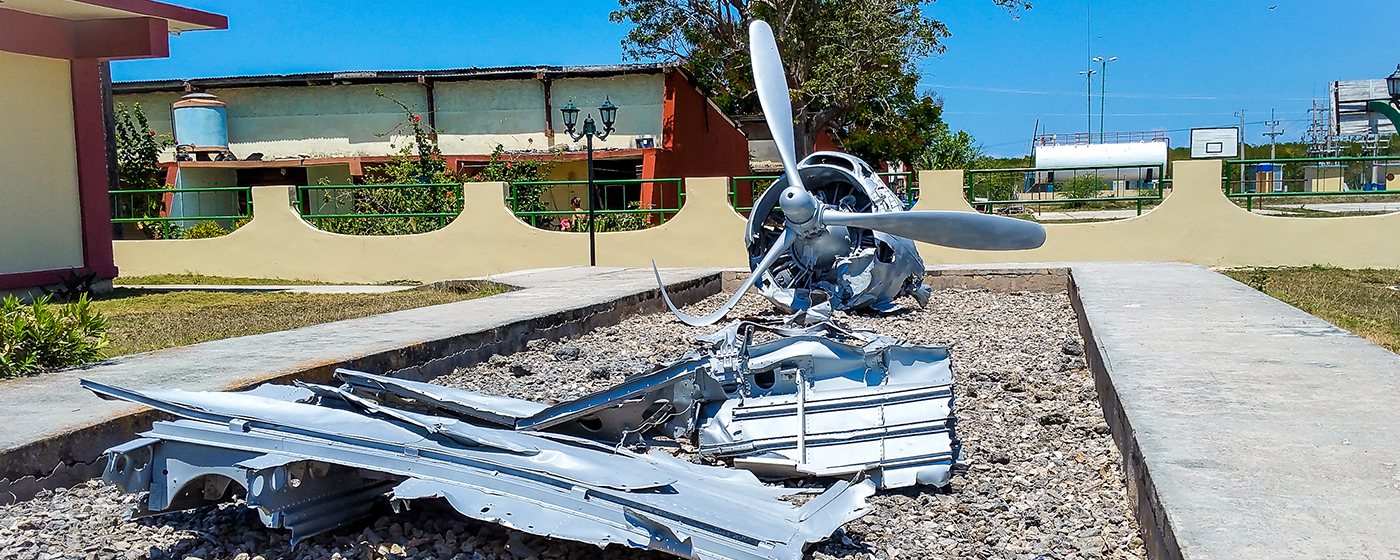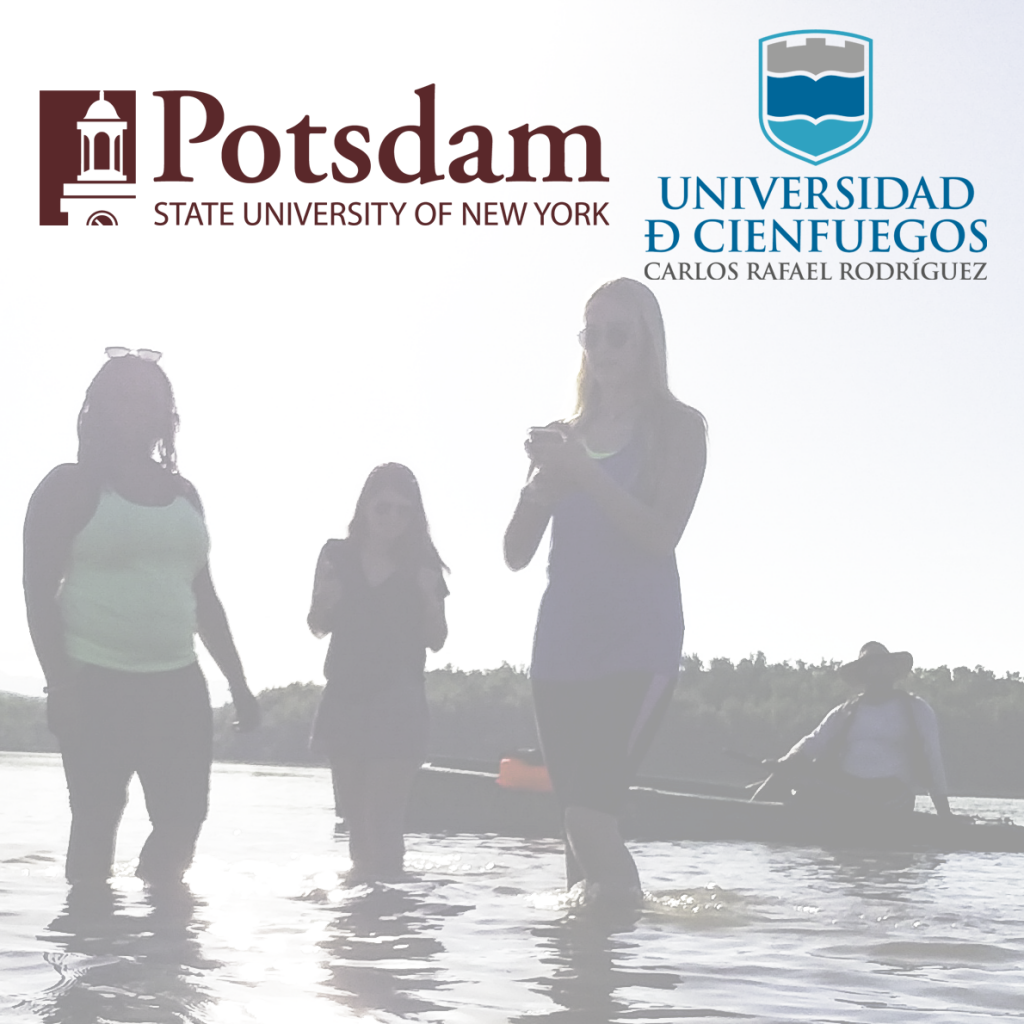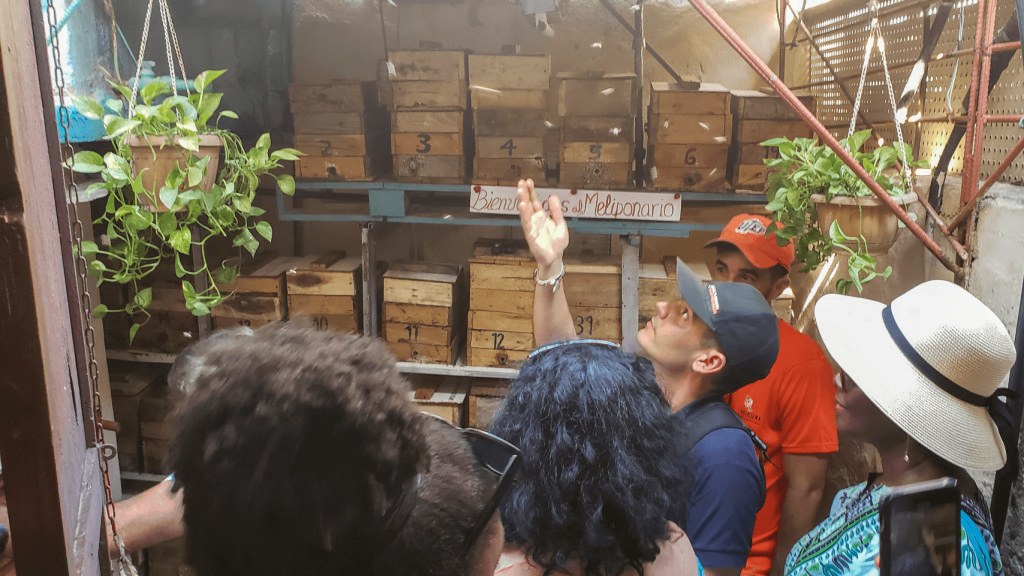COURSE DESCRIPTION
This class examines the Cold War from a global perspective through the prism of ideological, geo-political, and economic contestation. We approach the Cold War as a conflict with complex and long-term roots that stretch back to the 19th century and will focus in more detail on the era between 1914-1917, all the way to 1991 and beyond. Thus, the grand historical “markers” for our class will be World War I and the Russian October Revolution at the beginning and the dissolution of the USSR at the end. However, given that not all post-communist states disappeared with the USSR, we will also look at how much of the Cold-War policies and mindset continues after 1991 into our present.
We will look at cases involving Cuba including the missile crisis of 1962, internationalist missions in Africa. Cuba post USSR, The Cuban Five, the Blockade, and Cuba after Fidel.
COURSE OUTCOMES
- Students will learn to identify relevant historical source materials commonly used to understand the past: Primary & Secondary Sources. (Applying)
- Students will learn to critically evaluate the uses and limitations of a range of Primary & Secondary source materials for understanding the past. (Evaluating)
- Students will learn to engage with evolving scholarly conversations about how we understand and remember the past. (Creating)
- Students will demonstrate student learning outcomes 1-3 in research-oriented writing assignments. (Creating)
- Students will be exposed to global and cross-cultural perspectives that are not primarily derived from the US. They will learn to connect the political, economic, historical, cultural, and international dimensions of the Cold War from more than one perspective.
- Application Deadline: March 15
- NO Spanish Requirement
- Number of Credits: 3
- Number of Weeks: 5
- Course Begins: May 22, 2023
- Course Ends: June 26, 2023
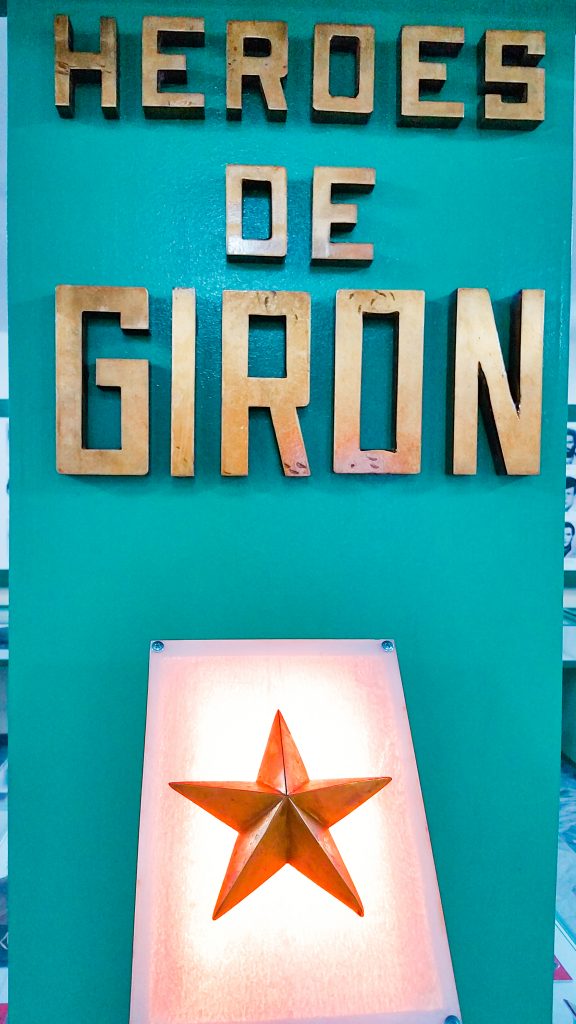
ABOUT THE COURSE LEADERS
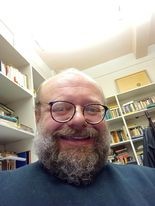
Dr. Axel Fair-Schulz is an Associate Professor of Modern European History at SUNY Potsdam. He was born and raised in the former German Democratic Republic and eventually moved to North America in 1991. Prof. Fair-Schulz completed his undergraduate degree in history and cultural anthropology at Brigham Young University in Utah, where he earned his Master’s degree in European history as well. Afterwards, Prof. Fair-Schulz finished his doctorate in Modern European History at SUNY Buffalo, where he worked under the direction of the world-renown historian and historiographer Georg Iggers (Buffalo/USA and Göttingen/Germany). Since 2006, Prof. Fair-Schulz has been teaching European history at SUNY Potsdam.
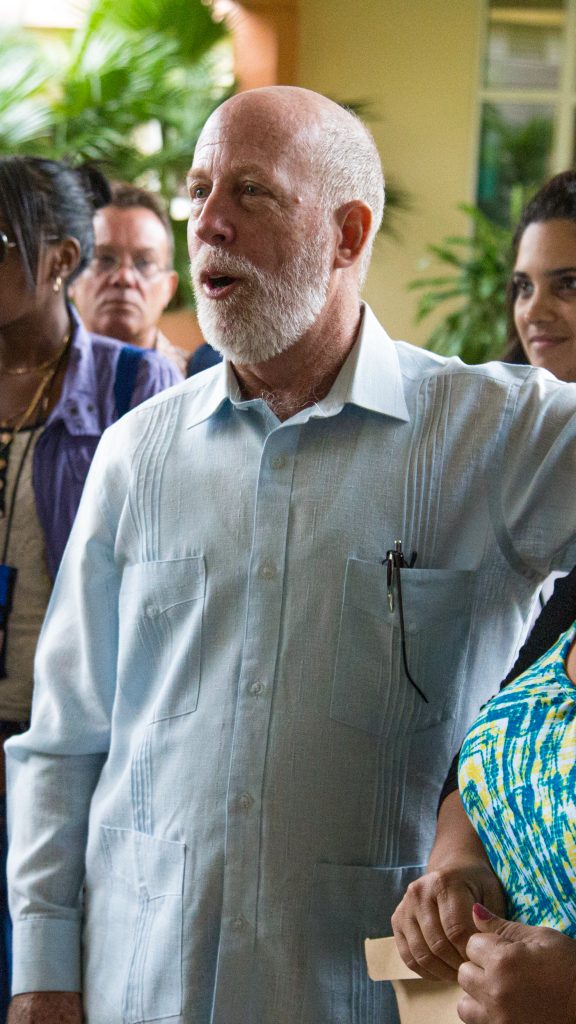
Born in Maracaibo, Venezuela, professor Dictinio Diaz Gonzalez has been a history professor for the University of Cienfuegos for over 40 years. Professor Diaz has assumed various roles during his tenure at the University of Cienfuegos including director for the department of Social Sciences, member of the Rector’s Board of Advisors, and Vice-rector for Research and Postgraduate Studies.
From 1992 to 1998, Professor Diaz was an invited English lecturer for the Friendship Among Peoples Cuban Institute of Havana (ICAP). He has taught at the Universities of Aarhus, Copenhagen, and Roskilde in Denmark. In 1999, he received a scholarship from the UN Marine Affairs Program at Dalhousie University, and in 2000, participated in a faculty exchange with Dalhousie and Saint Mary’s Universities to prepare a master’s degree program in Integrated Coastal Zone Management.
Some of Professor Diaz’s other international experiences include development of 400-level courses in Spanish and Cuban history, society, and culture with the University of Washington in Seattle, being an advisor at the Department of Social Development in Gauteng, South Africa preparing young social workers, and participating at the NAFSA Association of International Educators annual conference.
Dictinio Diaz has a master’s degree in Philosophy from the Universidad Central De Las Villas, and a bachelor’s degree in history and education from University of Pedagogical Sciences Enrique José Varona. Prior to teaching at the University of Cienfuegos, he taught at the University of Pedagogical Sciences.
Already have an account? Log In Here

